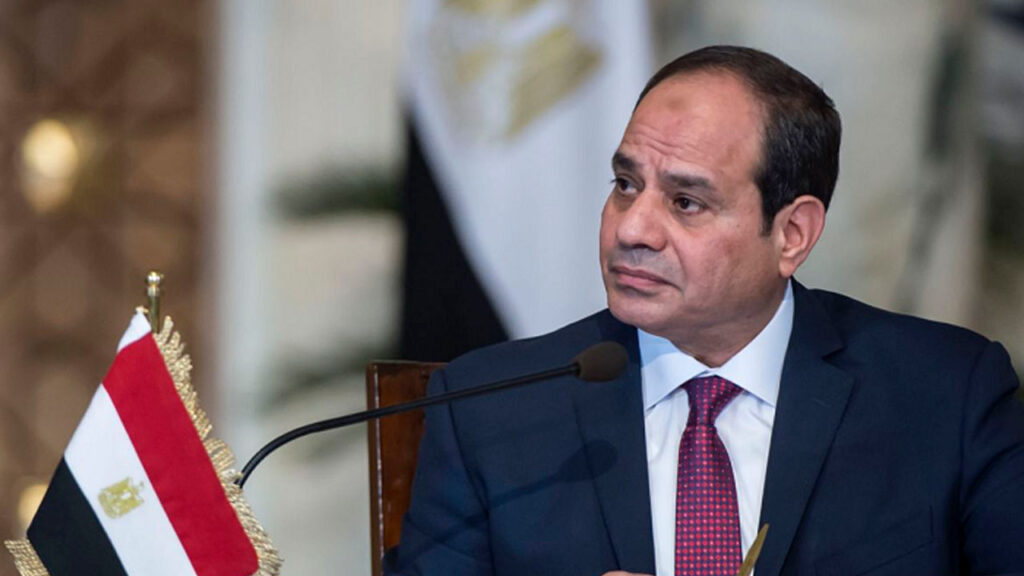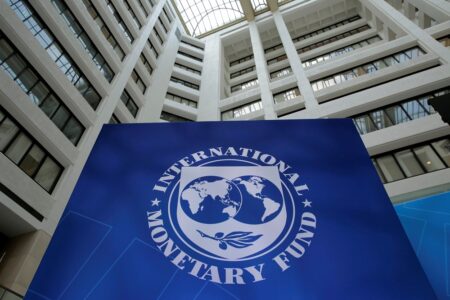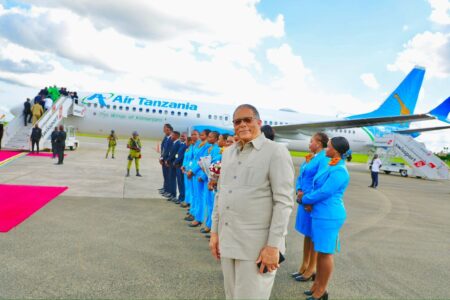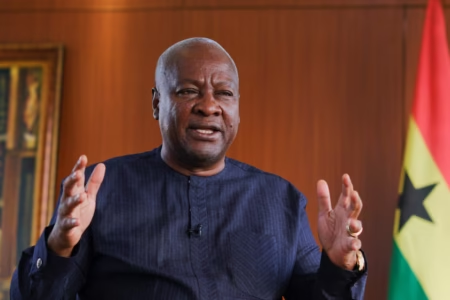- Egypt’s President El-Sisi was reelected to a third, six-year term in last week’s presidential elections.
- Under President El-Sisi, Egypt’s foreign-currency debts have surged to around $163 billion, one of the highest levels in emerging markets.
- El-Sisis must immediately look to balance the concerns of a citizenry paying ever more for food, power, and transport following the currency devaluation since the beginning of 2022.
Egypt’s president, Abdel-Fattah El-Sisi, has been re-elected by a landslide, extending his leadership over the North African nation to 2030. Egypt is struggling with the worst economic plight in decades amid the prospects of another currency devaluation.
El-Sisi secured 89.6 per cent of the votes in the 10 to 12 December election, as announced by the National Elections Authority on 18 December. A record 66.8 per cent of Egypt’s 67.3 million registered voters participated in the election.
El-Sisi’s win in Egypt’s presidential election was no surprise, considering he faced no significant challenge in his quest for a third term. The only real question was on the incumbent’s margin of victory. El-Sisi has secured 97 per cent of the votes in two previous presidential elections.
Authorities had focused on pressing the masses to turn up in big numbers at polling stations, keen to quell any possibilities of voter apathy in the most populous North African country as citizens confront runaway inflation and prospects of hard economic times in weeks or months to come.
In a televised address after being announced winner, El-Sisi said that he was “aware of the challenges” Egyptians faced, pledging not to make any moves that were not in the interest of the over 105 million citizens.
“It was a vigorous testament, for all observers both inside and outside of the country, to the vitality and resilience of all Egyptians across the vibrant kaleidoscope of society, demonstrating that the will of the Egyptian people is enforced with the voice of every Egyptian man and woman.”
El-Sisi added: “This scene that I have followed closely evokes a deep appreciation and immense gratitude to every Egyptian who participated in this momentous event amid this critical circumstance, as the state is grappling with many challenges across all levels.”
Egypt’s grinding economic crisis
El-Sisi ascended to power in 2004 following a military-backed uprising that unseated Islamist President Mohammed Morsi. In that election and the next one in 2018, President El-Sisi faced token challenges and eased to victory. A 2019 referendum extended Egypt’s presidential term to six years from four.
Under President El-Sisi, Egypt’s foreign-currency debts have surged to around $163 billion, one of the highest levels in emerging markets. Investors’ concerns about a possible default have eased recently, but Egyptian bonds still trade near distressed territory.
El-Sisi’s re-election gives him no respite from Egypt’s grinding crisis. He must immediately look to balance the concerns of a citizenry paying ever more for food, power, and transport following the currency devaluation since the beginning of 2022. The International Monetary Fund has called on the government to put more state assets in the market and further ease the reigns on the Egyptian pound.
The far-reaching economic hardship could test President El-Sisi. He must, however, hope he does not suffer the same fate as his two predecessors. Protestors helped oust his two predecessors, including long-time strongman Hosni Mubarak, during the Arab Uprisings in 2011.
Read Also: Egypt’s Sisi calls for unity to unlock intra-African trade billions
The Egyptian pound devaluation timeline
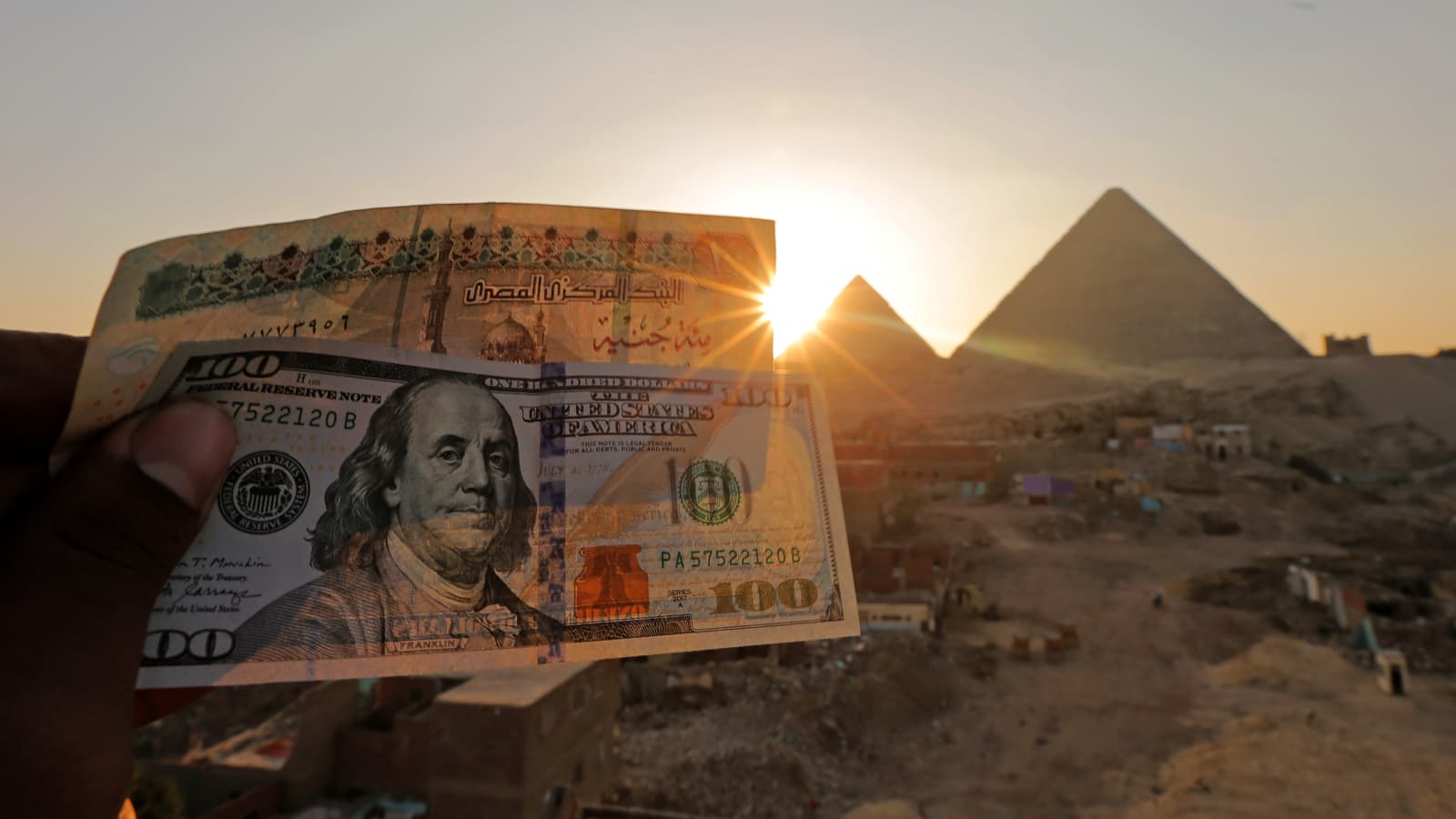
The Egyptian pound is set to lose nearly 20 per cent of its value by the end of 2023. The IMF, which reached a $3 billion rescue package for Egypt in 2022, recently warned in October that the country needed to devalue its currency again. The pound trades at as much as 50 per US dollar on the local black market, compared to 30.9 at banks.
However, the IMF changed its stance on Egypt this month. The Washington-based lender’s managing director, Kristalina Georgieva, indicated that authorities should focus on first taming inflation before addressing the currency challenges. That pointed out that the subsequent adjustment, which economists initially projected would happen in Q1 2024, may be somewhat further off.
The IMF will also likely raise that loan value, considering Egypt’s status as a regional linchpin is too significant to fall as conflicts rage in neighbouring Sudan and Gaza.
El-Sisi’s blueprint
President El-Sisi’s re-election campaign highlighted major symbols of his decade-long rule, from thousands of miles of roads and bridges to the expansion of the Suez Canal and a new administrative capital east of the Egyptian capital, Cairo.
El-Sisi has consistently defended such endeavours, pointing out that they remain crucial to the needs of Egypt’s growing population. The president’s critics have contended that these moves have contributed to Egypt’s debilitating cash crunch.
Egypt’s new regional influence may “allow him to continue as much as possible on the same path of mega-projects and the like,” said the Crisis Group’s Fabiani. “That said, there will still be unpalatable measures that need to be implemented for this plan to work—the exchange rate depreciation being the most prominent.”
The Gaza war factor
A foreign exchange crunch and soaring commodity prices were set to be the main backdrop to President El-Sisi’s second-term quest. However, the eruption of the Israel-Hamas war on the Egyptian border in October changed the calculus. This elevated El-Sisi’s profile as a global statesman and possibly won Cairo a fresh infusion of foreign cash.
“He got a stronger than usual mandate, and Gaza has played a big role in rallying Egyptians behind him,” said Riccardo Fabiani, North Africa project director at the Brussels-based Crisis Group. “That will strengthen his hand in future negotiations with international creditors.”
President El-Sisi as an arbiter in the Gaza conflict
President El-Sisi has been the go-to man for the Western leadership trying to end the escalation of the Israel-Hamas conflict. El-Sisi has openly urged Israel to halt its offensive on the Palestinian enclave. He has also shrugged off any suggestions for Egypt to host Gazan refugees, a move many fear could cause their permanent displacement while posing a security threat on the Sinai Peninsula.
In the televised speech after the election results, Sisi said the Egyptian polls represented the world’s rejection of Israel’s “inhumane war on the Gaza Strip, and not simply the election of a president.” He also said that Egypt had to do all it could to stop the war between Israel and Hamas, describing it as his country’s primary challenge.
“This war must come to an end, given the grave threat it poses to Egypt’s national security and the untold suffering it has caused Palestinians,” he added.





